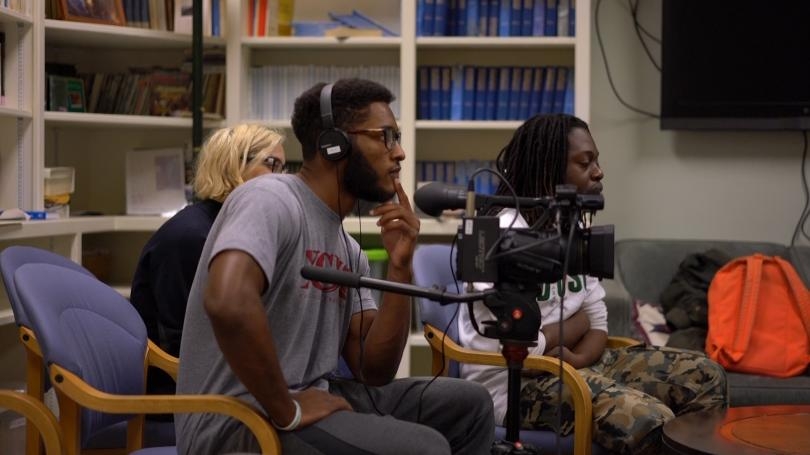
- About
- Programs & Initiatives
- Alumni
- News & Events
Back to Top Nav
Back to Top Nav
The May 7 event will celebrate the successes of the young program, while also envisioning its future reach.
Social Impact Practicums (SIPs), first launched in 2017’s winter term, connect Dartmouth undergraduate courses with the needs of organizations throughout the Upper Valley. Over 2,500 student have participated in the program so far.
“Beyond the Bubble: Taking Classroom Learning into the Upper Valley with SIPs” will bring students, faculty members, and community partners together to celebrate the program and reflect on its future. The May 7 event will be held from 6 p.m. to 8 p.m. in the Collis Center's Common Ground and it will include dinner, a panel discussion, and a Q&A period.
Integrated into select courses, SIPs tackle specific challenges faced by local non-profits and organizations. The Center for Social Impact and their Social Impact Fellows support the establishment of these mutually beneficial relationships.
The event received support from the 250th Programming Planning Committee because SIPs promote oppportunities for students to put the College's core values into action, says Ashley Doolittle, associate director of the Dartmouth Center for Social Impact (DCSI). The “sense of place” that underpins much of the Dartmouth experience is deepened when students forge new connections within Hanover and surrounding communities. And it reaffirms the College’s role as a “base camp to the world”—students’ experiences at Dartmouth are a precursor to their future impact on the world at large.
“Our mission is to develop leaders for the common good—both locally while students are on campus, and then globally when they graduate and take these skills with them out into the world,” says Doolittle.
During this current spring term there are 13 courses that include a SIP component. Taught by Assistant Professor Zane Thayer, “Anthropology 64: The Evolution of Pregnancy, Birth, and Babies” includes a practicum partnering students with multiple local pregnancy and parenting organizations. “Geography 57: The Geographies of Health and Disease,” taught by Xun Shi, a professor of geography, integrates project-based learning that benefits research efforts of a satellite clinic of Dartmouth-Hitchcock Medical Center in Honduras.
The program has counted 69 community partners since its inception, including the Connecticut River Conservancy, Good Beginnings of the Upper Valley, Public Health Council of the Upper Valley, and Twin Pines Housing Trust.